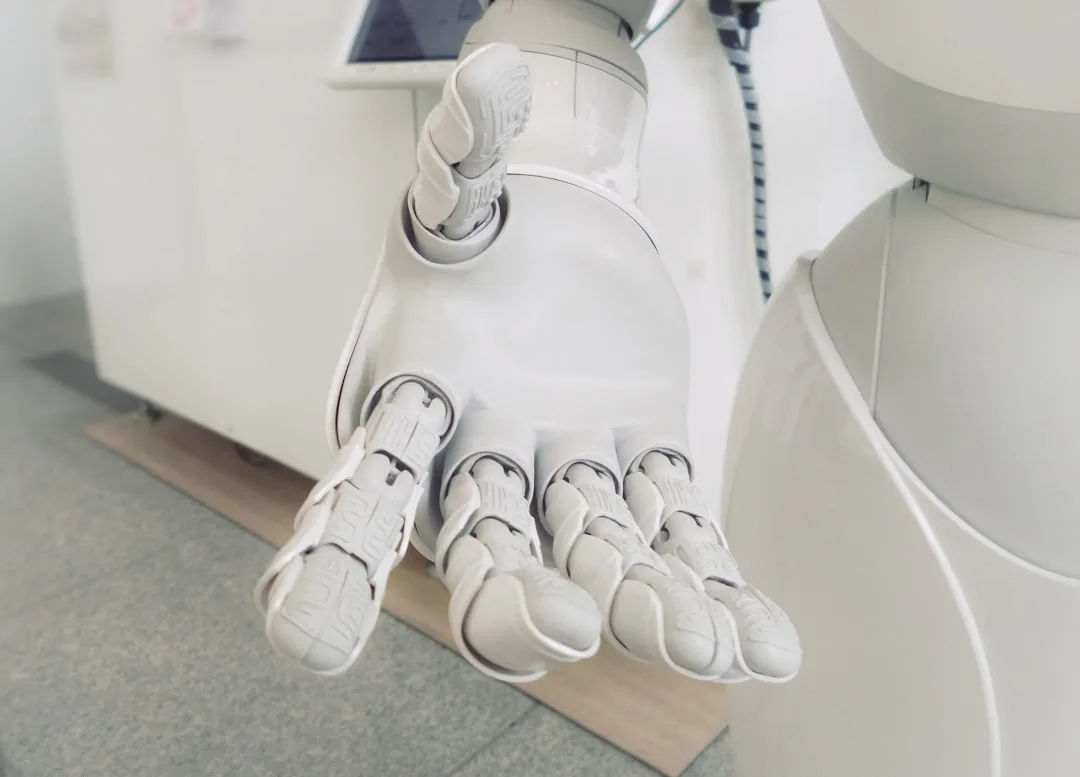
Newsletter Subscribe
Enter your email address below and subscribe to our newsletter

Enter your email address below and subscribe to our newsletter

AI Automation: Transforming the Future of Work
As AI continues to evolve, its impact on the workplace is undeniable. From boosting productivity to creating entirely new business models, AI automation is reshaping how professionals across various fields operate. For tech professionals, automation engineers, and solopreneurs, leveraging AI is not just an opportunity; it’s becoming a necessity. This article dives deep into high-leverage AI automation workflows, real-world use cases, and how you can implement these strategies to stay ahead of the curve.
The urgency around AI automation is driven by its potential to drastically optimize workflows, reduce operational costs, and improve accuracy and efficiency. In a world increasingly focused on digital transformation, AI serves as a catalyst that accelerates these processes. According to ProximaAI, companies that have successfully integrated AI into their operations have seen up to a 40% increase in productivity. For solopreneurs and small teams, AI can act as a force multiplier, allowing them to compete with larger enterprises.
To harness the power of AI, you need a robust toolchain. Here are some essential AI tools and APIs to consider:
Let’s walk through a practical example of setting up an AI-driven chatbot using OpenAI’s API and integrating it with Slack for internal communication.
bash
python3 -m venv ai_chatbot_env
source ai_chatbot_env/bin/activate
bash
pip install openai
“`python
import openai
openai.api_key = 'your-openai-api-key'
def get_response(prompt):
response = openai.Completion.create(
engine="text-davinci-003",
prompt=prompt,
max_tokens=150
)
return response.choices[0].text.strip()
while True:
user_input = input("You: ")
bot_response = get_response(user_input)
print("Bot:", bot_response)
“`
requests library to communicate with Slack’s API.
While AI automation offers numerous benefits, there are potential pitfalls:
The return on investment (ROI) from AI automation can be substantial:
For a deeper dive into maximizing automation benefits, check out our article on Maximizing ROI with AI-Driven Strategies.
One common misconception is that AI will completely replace human workers. In reality, AI is a tool that augments human capabilities, allowing professionals to focus on higher-value tasks. As AI continues to develop, its role will be less about replacement and more about collaboration.
To continue your AI journey, consider exploring TensorFlow for building custom machine learning models tailored to your specific needs. For more insights, check out our guide on AI in Machine Learning: Building Your First Model.
AI automation is not just a trend; it’s a transformative force in the workplace. By understanding and implementing AI tools effectively, tech professionals, automation engineers, and solopreneurs can unlock new levels of productivity and innovation.